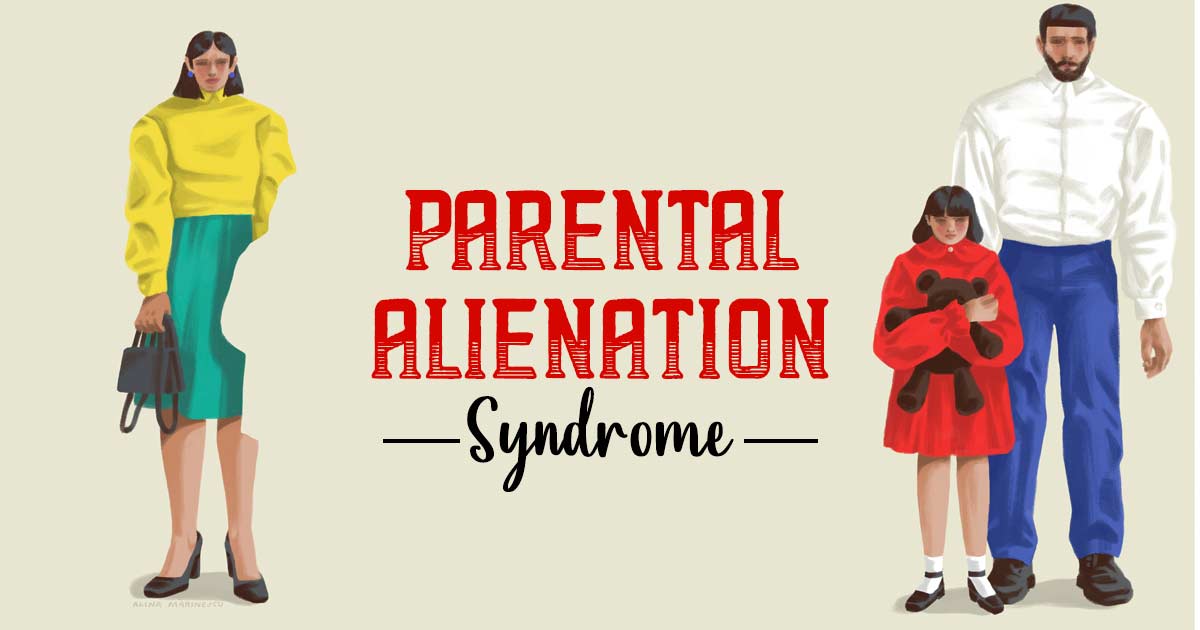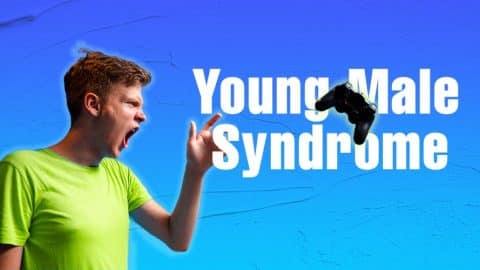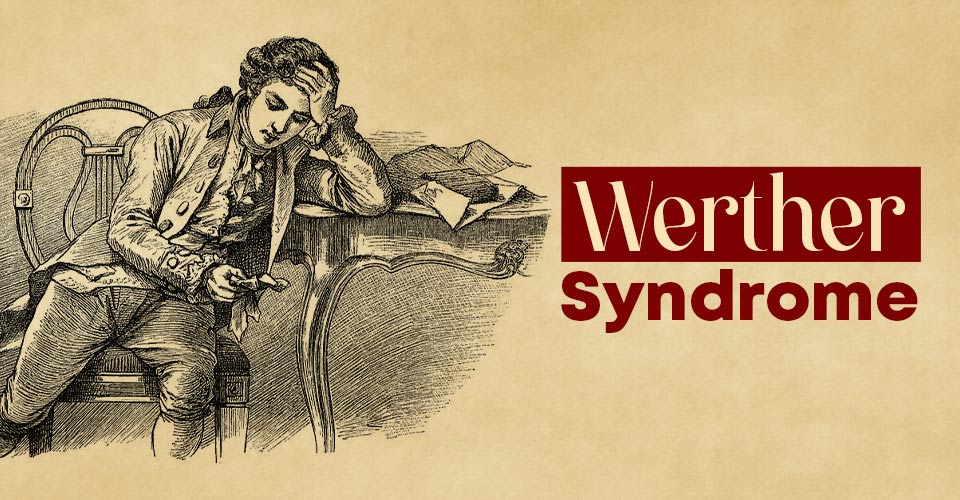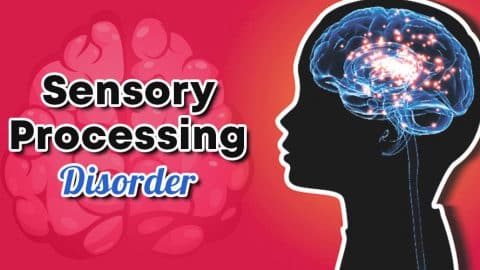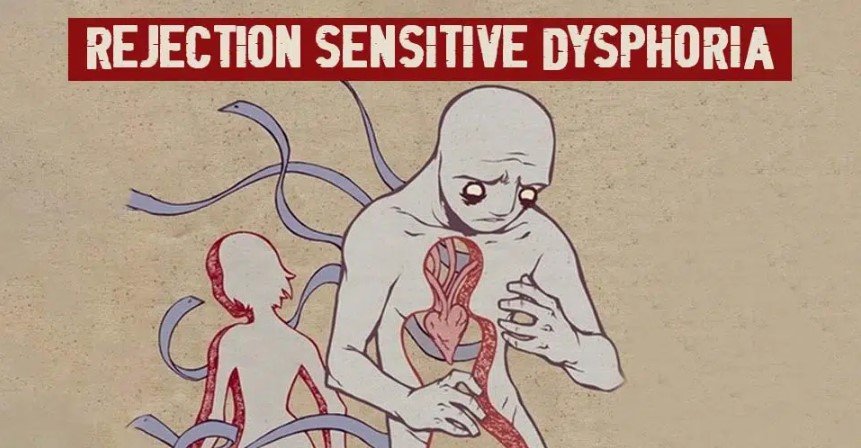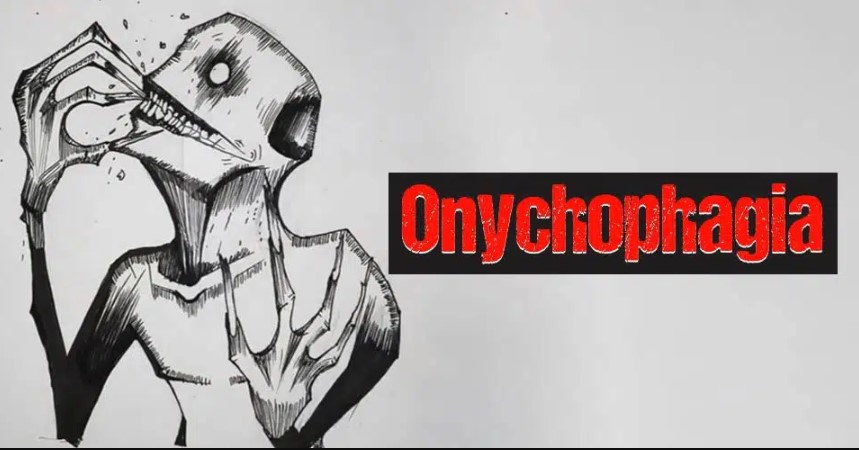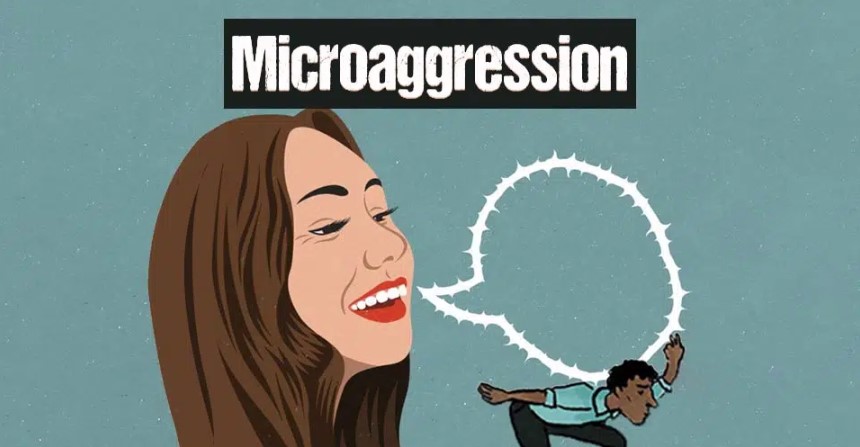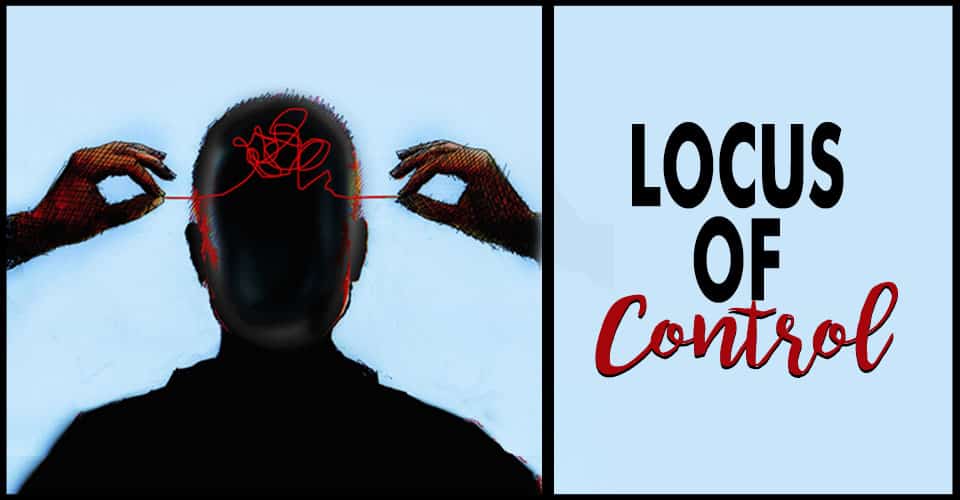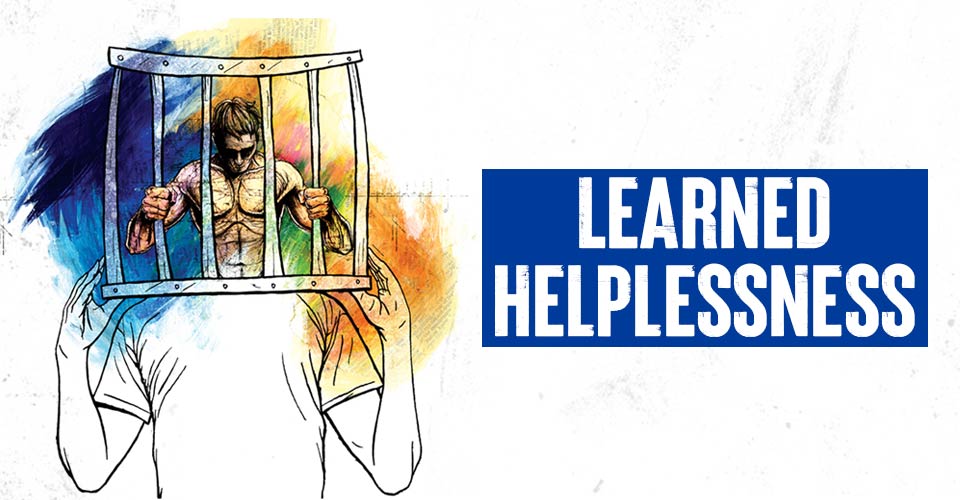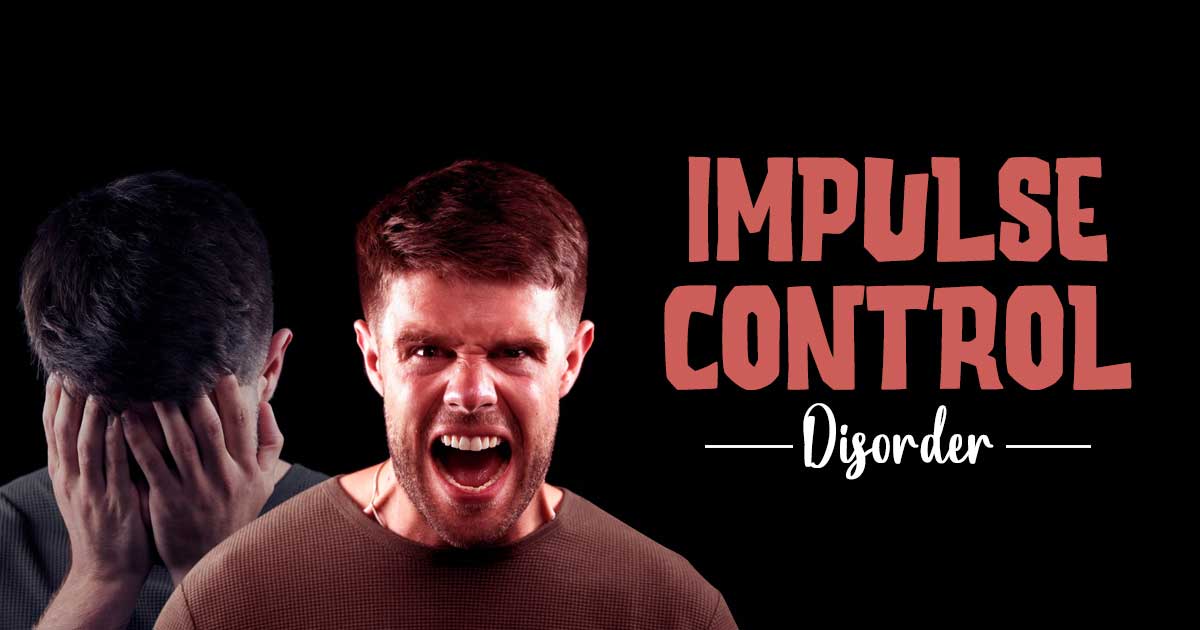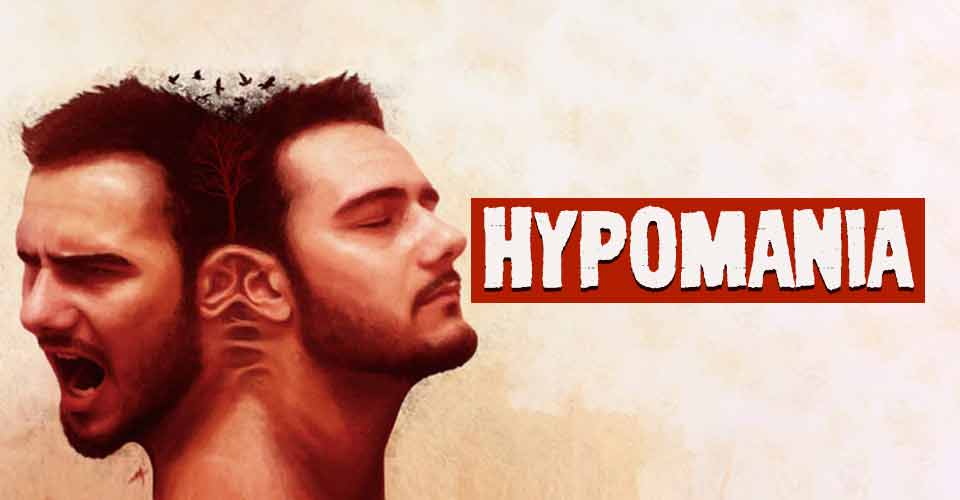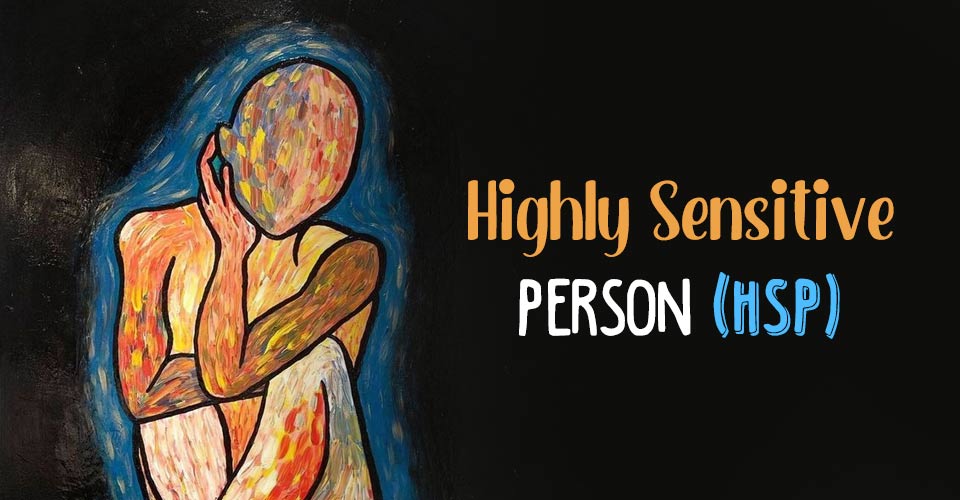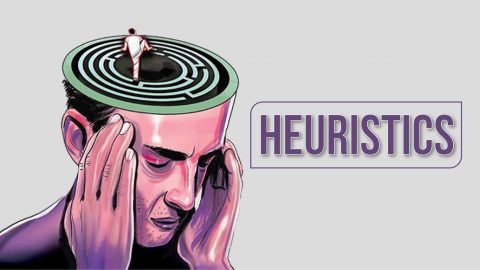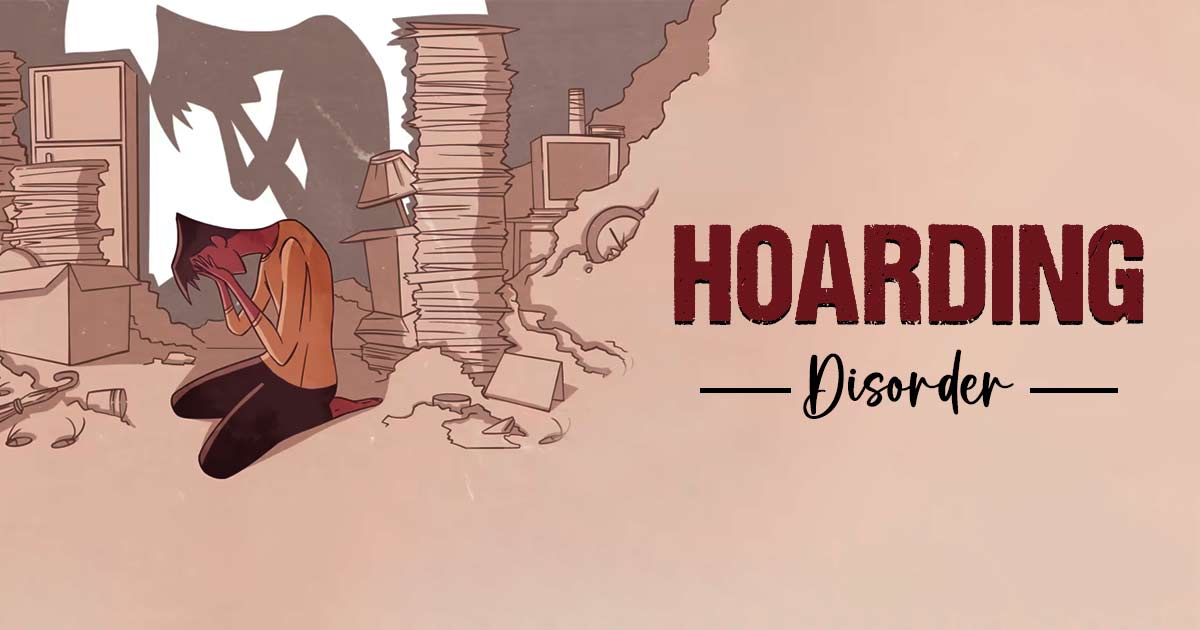Parental alienation syndrome is used to describe a situation where a child unjustifiably rejects one parent due to the influence of the other parent, typically in the context of divorce or separation. It can have significant negative effects on the mental health functioning of both the alienated parent and the child, leading to feelings of loss and strained parent-child relationships.
What is Parental Alienation Syndrome
Parental alienation syndrome (PAS) encompasses situations 1 Gardner, R., Sauber, R., & Lorandos, D. (2006). THE INTERNATIONAL HANDBOOK OF PARENTAL ALIENATION SYNDROME: Conceptual, Clinical and Legal Considerations. Available from: https://www.researchgate.net/publication/325531302_THE_INTERNATIONAL_HANDBOOK_OF_PARENTAL_ALIENATION_SYNDROME_Conceptual_Clinical_and_Legal_Considerations where a parent deliberately erects emotional barriers between their child and the other parent after a divorce or separation.
This manipulation involves using lies, exaggerations, and baseless accusations to influence the child’s thoughts and feelings, leading them to develop negative emotions or hostile behavior towards the targeted parent.
The term “parental alienation syndrome” was introduced by psychiatrist Richard A. Gardner 2 Farkas M. M. (2011). An introduction to parental alienation syndrome. Journal of psychosocial nursing and mental health services, 49(4), 20–26. https://doi.org/10.3928/02793695-20110302-02 in the 1980s. Studies have found that around 13.4% of parents 3 Harman, J. J., Leder-Elder, S., & Biringen, Z. (2019). Prevalence of adults who are the targets of parental alienating behaviors and their impact. Children and Youth Services Review, 106, 104471. https://doi.org/10.1016/j.childyouth.2019.104471 have experienced being alienated from one or more of their children.
The long-term effects of parental alienation syndrome on children’s mental health can be severe, causing them to struggle with issues like depression, anxiety, guilt, conflicts of loyalty, and low self-esteem. These difficulties can have a lasting impact on the child’s overall well-being and psychological functioning.
Read More About Self-Esteem Here
Symptoms of Parental Alienation Syndrome
When discussing Parental alienation syndrome (PAS), Richard A. Gardner outlined eight symptoms or criteria 4 O’Donohue, W., Benuto, L. T., & Bennett, N. (2016). Examining the validity of parental alienation syndrome. Journal of Child Custody, 13(2-3), 113–125. https://doi.org/10.1080/15379418.2016.1217758 to identify it:
- The child constantly and unfairly criticizes the alienated parent.
- The child lacks strong evidence, specific examples, or valid justifications for these criticisms, often relying on false reasoning.
- The child’s feelings toward the alienated parent are entirely negative, without any recognition of positive qualities or mixed emotions.
- The child claims that these negative views are their independent conclusions.
- The child demonstrates unwavering support for the alienating parent.
- The child does not experience guilt for mistreating or hating the alienated parent.
- The child uses language or phrases that appear to be borrowed from adult discussions.
- The child’s feelings of hatred extend to other family members associated with the alienated parent, such as grandparents or cousins.
Causes of Parental Alienation Behaviors
Parental alienation behaviors can stem from 5 Isailă, O. M., & Hostiuc, S. (2022). Medical-Legal and Psychosocial Considerations on Parental Alienation as a Form of Child Abuse: A Brief Review. Healthcare (Basel, Switzerland), 10(6), 1134. https://doi.org/10.3390/healthcare10061134 a variety of factors, such as:
- Divorce or separation between parents when accompanied by high levels of conflict.
- A history of abuse, either between the parents or towards the child, parental alienation behaviors can arise as a defensive mechanism.
- Parent’s substance abuse can impair their judgment, behavior, and ability to prioritize the child’s well-being, which can contribute to alienating behaviors.
- Lingering unresolved emotions, such as anger, resentment, or betrayal, can fuel signs of parental alienation syndrome.
- Parental personality traits or psychopathology, such as narcissism, controlling tendencies, can contribute to the manifestation of parental alienation behaviors.
Read More About Anger Here
Effects of Parental Alienation Syndrome on Children
Parental alienation syndrome (PAS) can have significant negative effects 6 Verhaar, S., Matthewson, M. L., & Bentley, C. (2022). The Impact of Parental Alienating Behaviours on the Mental Health of Adults Alienated in Childhood. Children (Basel, Switzerland), 9(4), 475. https://doi.org/10.3390/children9040475 on the children, such as:
- Anxiety symptoms, such as feeling fearful, worried, and having low self-esteem.
- Depressive symptoms of feelings of sadness, difficulty concentrating, low energy, and a general sense of hopelessness.
- Self-blaming behavior for the strained relationship with the alienated parent, assuming they are at fault.
- In some cases, children may engage in self-harming behaviors as a way to cope with the long-term effects of parental alienation syndrome.
- Children who have experienced parental alienation are at a greater risk of keeping alienated themselves from their friends in school.
- Children exposed to parental alienation may develop symptoms of post-traumatic stress disorder, such as intrusive thoughts and flashbacks.
- The symptoms of parental alienation syndrome can contribute a sense of identity confusion, restrictive eating or other unhealthy behaviors among children.
Read More About Self-Harm Here

Parental Alienation Syndrome Treatment
The Parental alienation syndrome treatment requires 7 Darnall, D. (2011). The Psychosocial Treatment of Parental Alienation. Child and Adolescent Psychiatric Clinics of North America, 20(3), 479–494. https://doi.org/10.1016/j.chc.2011.03.006 the following approaches:
- Family therapy which involves the entire family coming together to communicate and share their perspectives and resolve the problems.
- Cognitive behavioral therapy (CBT) 8 Darnall, D. (2011). The Psychosocial Treatment of Parental Alienation. Child and Adolescent Psychiatric Clinics of North America, 20(3), 479–494. https://doi.org/10.1016/j.chc.2011.03.006 which can be useful for breaking free from negative thoughts and emotions that may have developed during childhood.
- Play therapy allows children to express complex emotions and thoughts through play, when they may struggle to communicate verbally.
- Group therapy which can help individuals understand how their childhood behavioral patterns affect their relationships and then working towards making positive changes.
Read More About Cognitive behavioral therapy (CBT) Here
How to Deal with Parental Alienation Syndrome
Here are some strategies 9 Templer, K., Matthewson, M., Haines, J., & Cox, G. (2016). Recommendations for best practice in response to parental alienation: findings from a systematic review. Journal of Family Therapy, 39(1), 103–122. https://doi.org/10.1111/1467-6427.12137 that may help to deal with the parental alienation syndrome:
- Foster open and respectful communication with the other parent, if possible.
- Consider engaging the support of mental health professionals, such as therapists or counselors.
- Try to demonstrate your commitment and love by actively participating in your child’s life by attending their school performances or extracurricular activities.
- Try to avoid speaking negatively about the other parent or criticizing their actions in front of your child.
- In severe cases, it may be necessary to involve the legal system to protect your parental rights and ensure the safety of your child.
Frequently Asked Questions (FAQs)
1. Is parental alienation a form of emotional abuse?
Parental alienation can be considered a form of emotional abuse as it involves one parent manipulating or undermining the child’s relationship with the other parent, causing emotional harm.
2. Can parental alienation cause mental illness?
Parental alienation can contribute to the development or exacerbation of mental health issues in children, such as anxiety, depression, and identity disturbances.
3. Is parental alienation a form of narcissism?
While parental alienation can be associated with narcissistic behaviors, it is not necessarily always indicative of narcissism, as it can be driven by various motivations and psychological factors.

